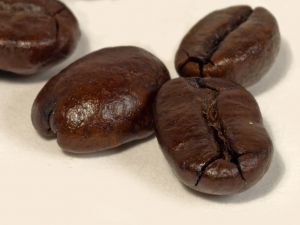
While practically every child above age seven may understand the phrase "you are what you eat," we rarely think about this phrase in terms of the brain. When it comes to what we eat, we need to talk about the brain as well, for what goes into the system affects everything from our cognitive functions to our emotions.
At the Utah State University Center for Advanced Nutrition (CAN), researchers are looking into the workings of how diet affects brain function. Their research has demonstrated a number of interesting facts as well as points of debate:
Food cravings: Food cravings are more common in women than men and appear to decrease with age. Cravings often correspond to negative moods such as depression, anxiety or mood swings. Cravings for sweets can be intense and irresistible. As to whether such cravings for carbohydrates can be classified as "addictions," CAN states that they do not meet the definition laid out in the Diagnostic and Statistical Manual of Mental Disorders.
Food and mood: While it has long been believed that intake of carbohydrates can independently affect mood and appetite, other variables such as the initial psychological/emotional state of the person as well as the meal setting can also play important roles in the mood/appetite equation. Interestingly, depression has been shown to be related to a low intake of certain essential vitamins and minerals, and increasing the intake of omega 3 fatty acids and folic acid has been shown to reduce such symptoms.
The good vs. evil caffeine debate: Some studies show that caffeine consumption does not boost performance above normal levels, although as it wears off, one does feel less alert and awake—which stimulates the intake of more caffeine to get back to normal levels. But other studies have shown that drinking coffee is associated with lower age-related cognitive decline and a lessened risk of Parkinson’s disease in older people. (The way I see it, the jury is still out on caffeine.)
Brain-boosting diets: The jury is out on these, too. Many supplements and diets are purported to boost mood, increase energy and improve memory. The problem is that these claims have yet to be demonstrated through solid research and testing. From a purely scientific perspective, the proof will be in the pudding of double-blind, placebo-controlled trials.

